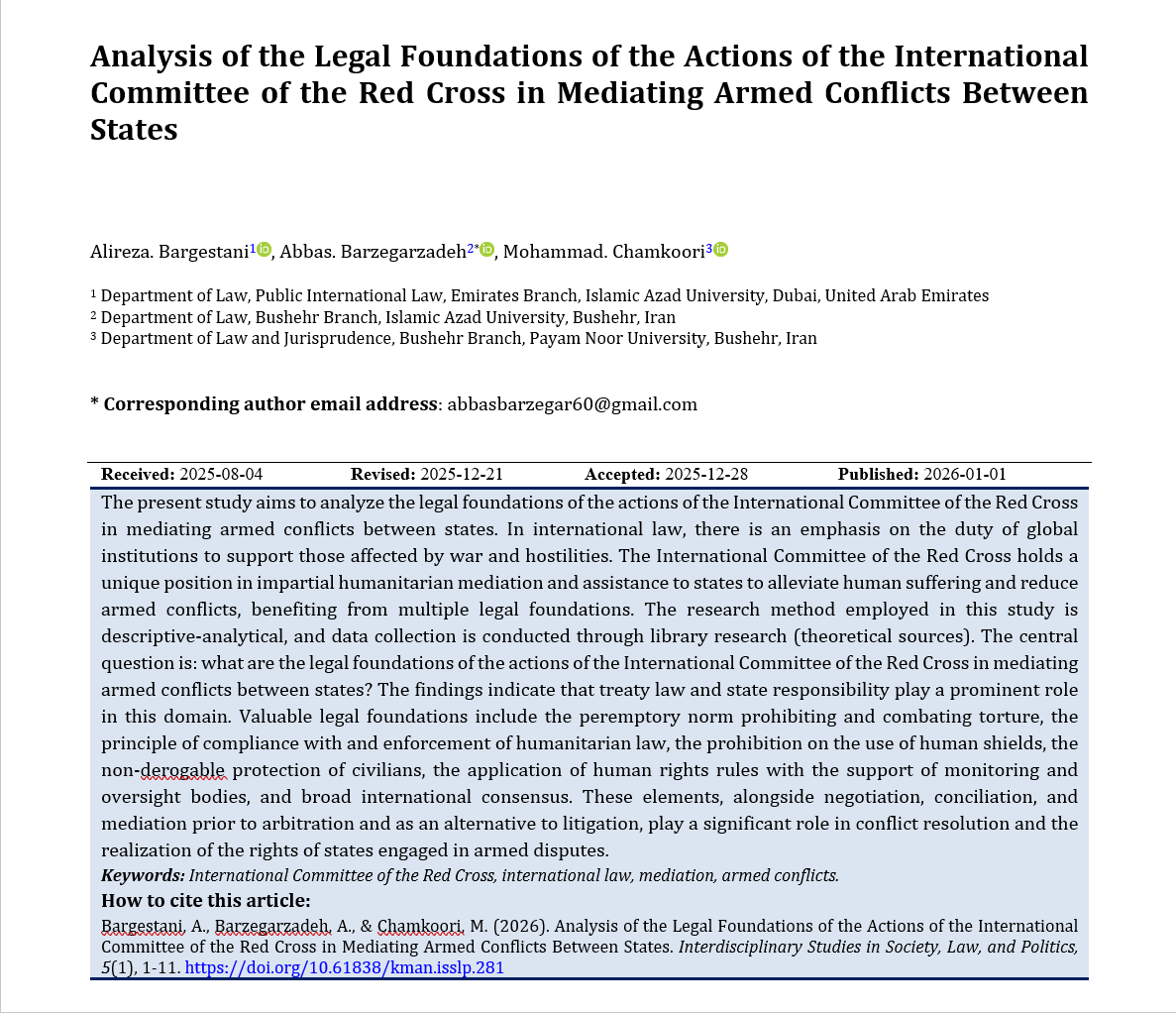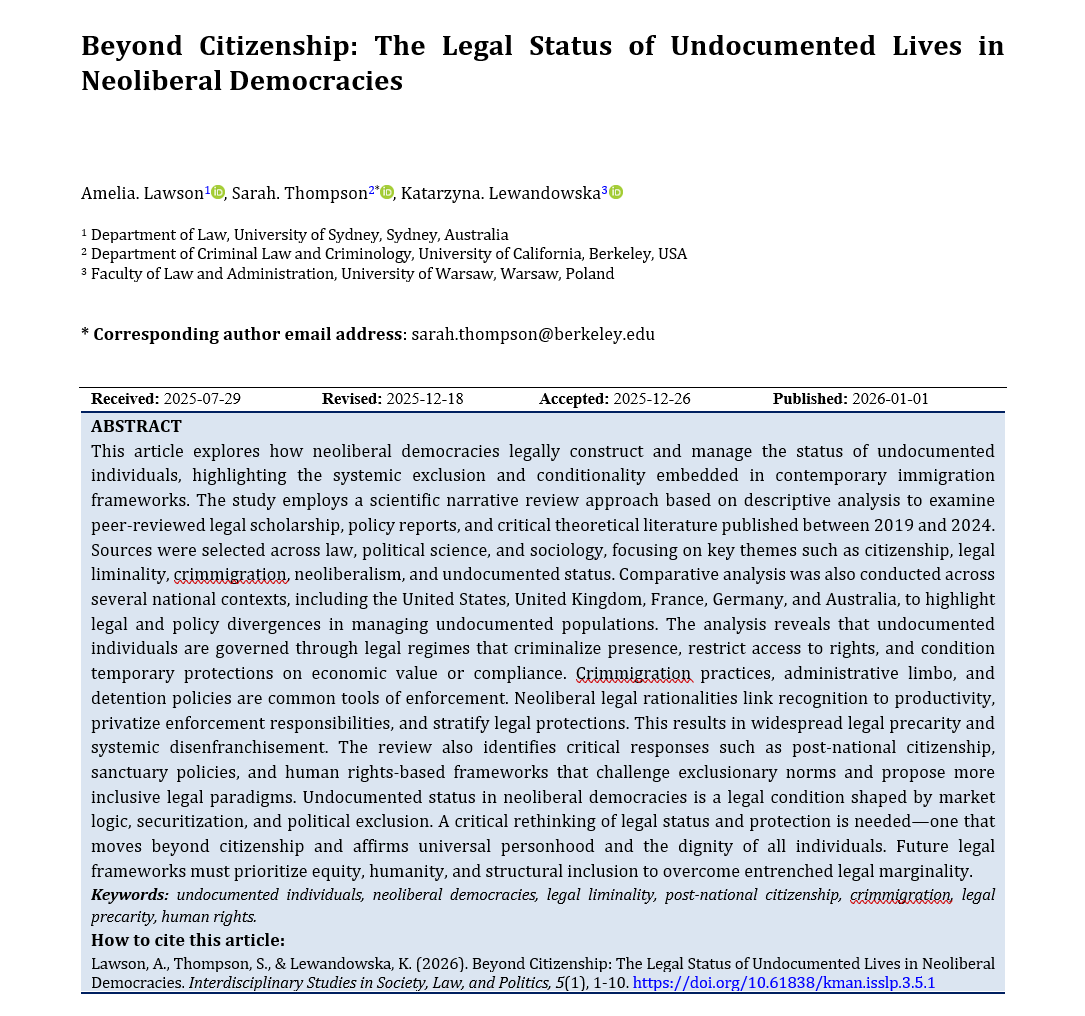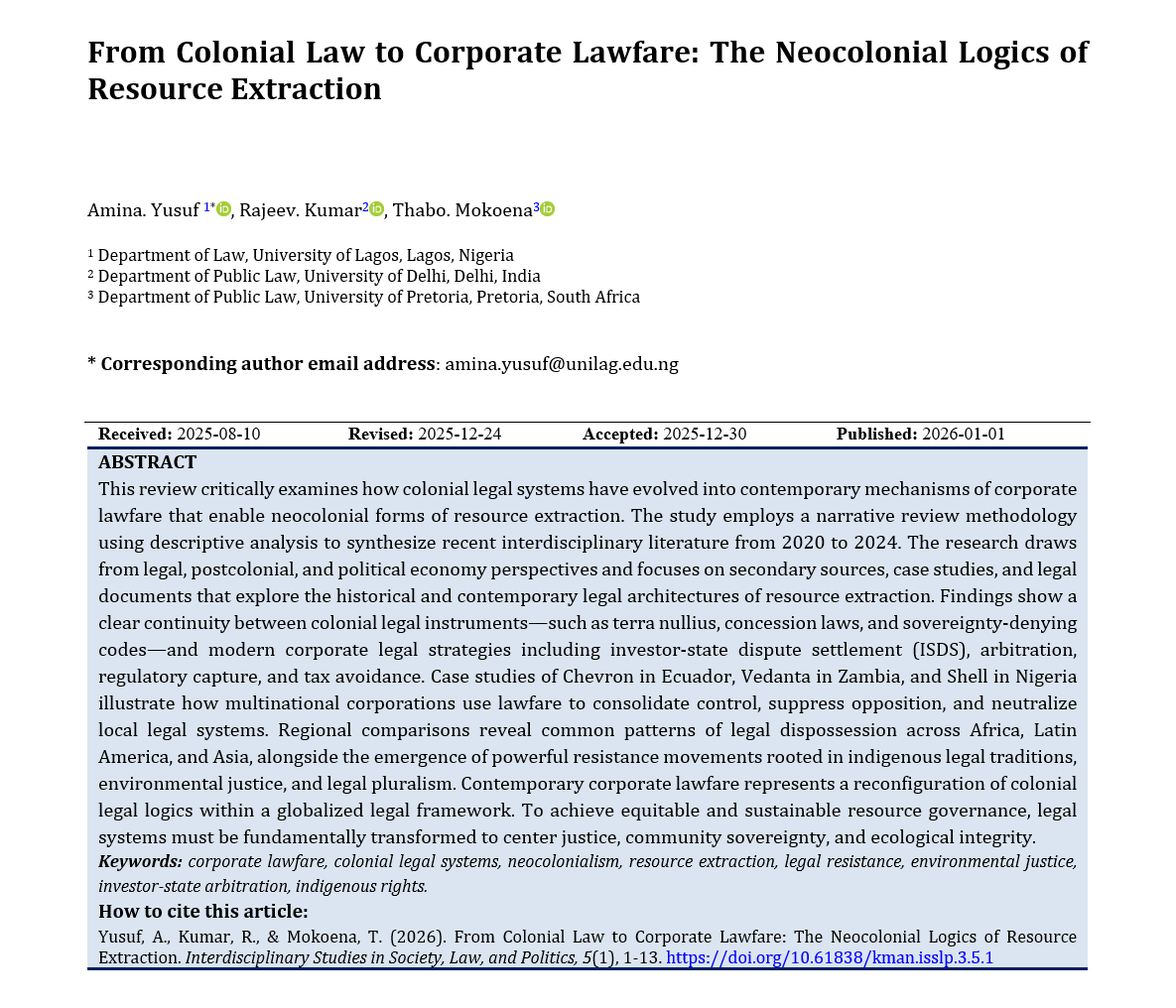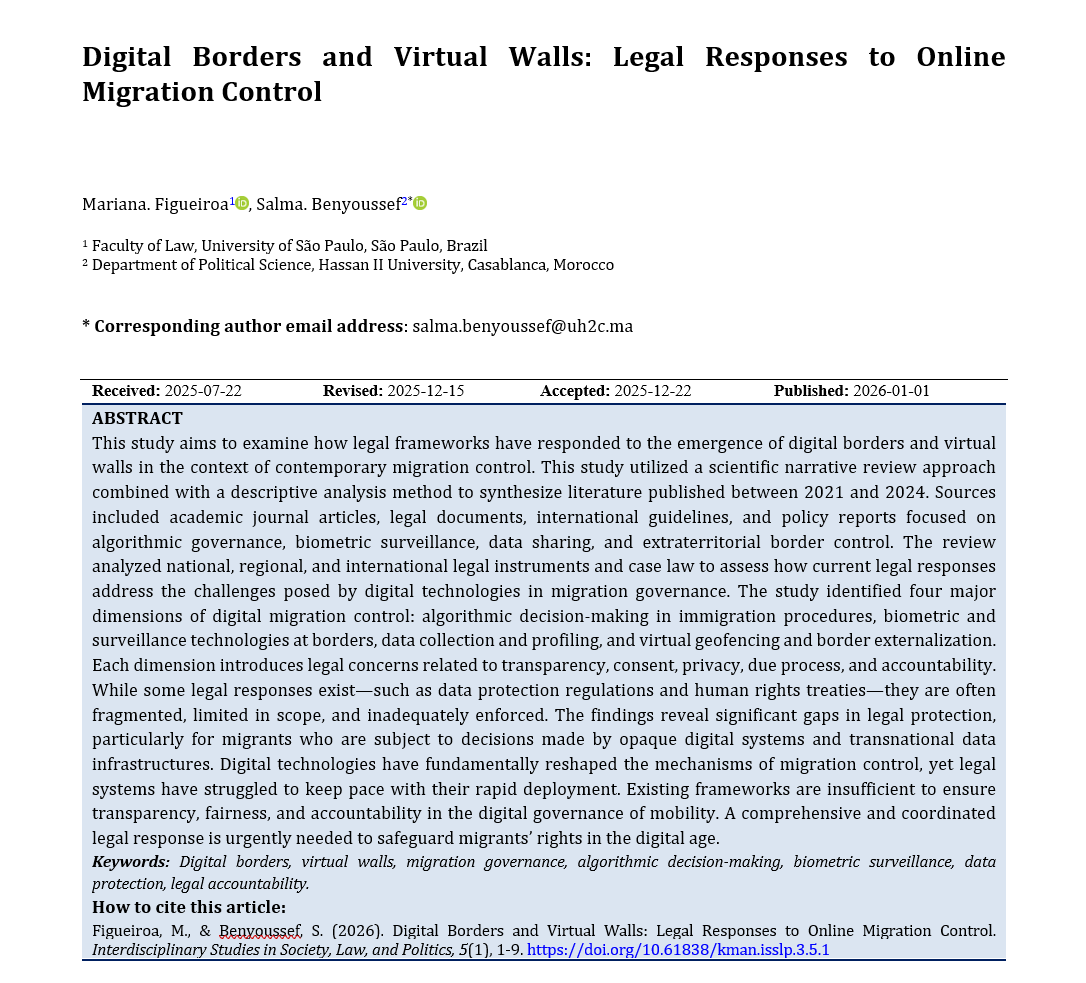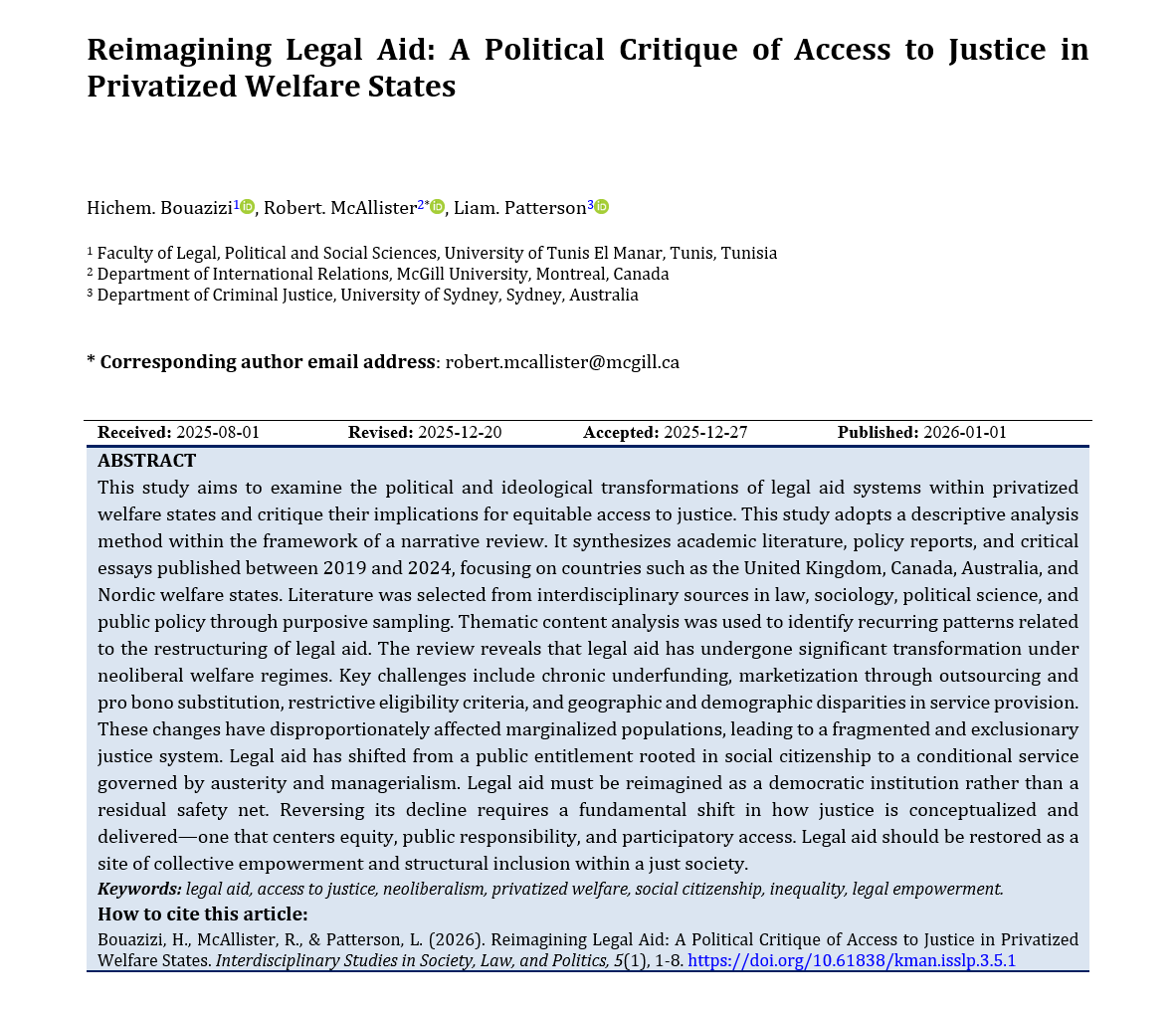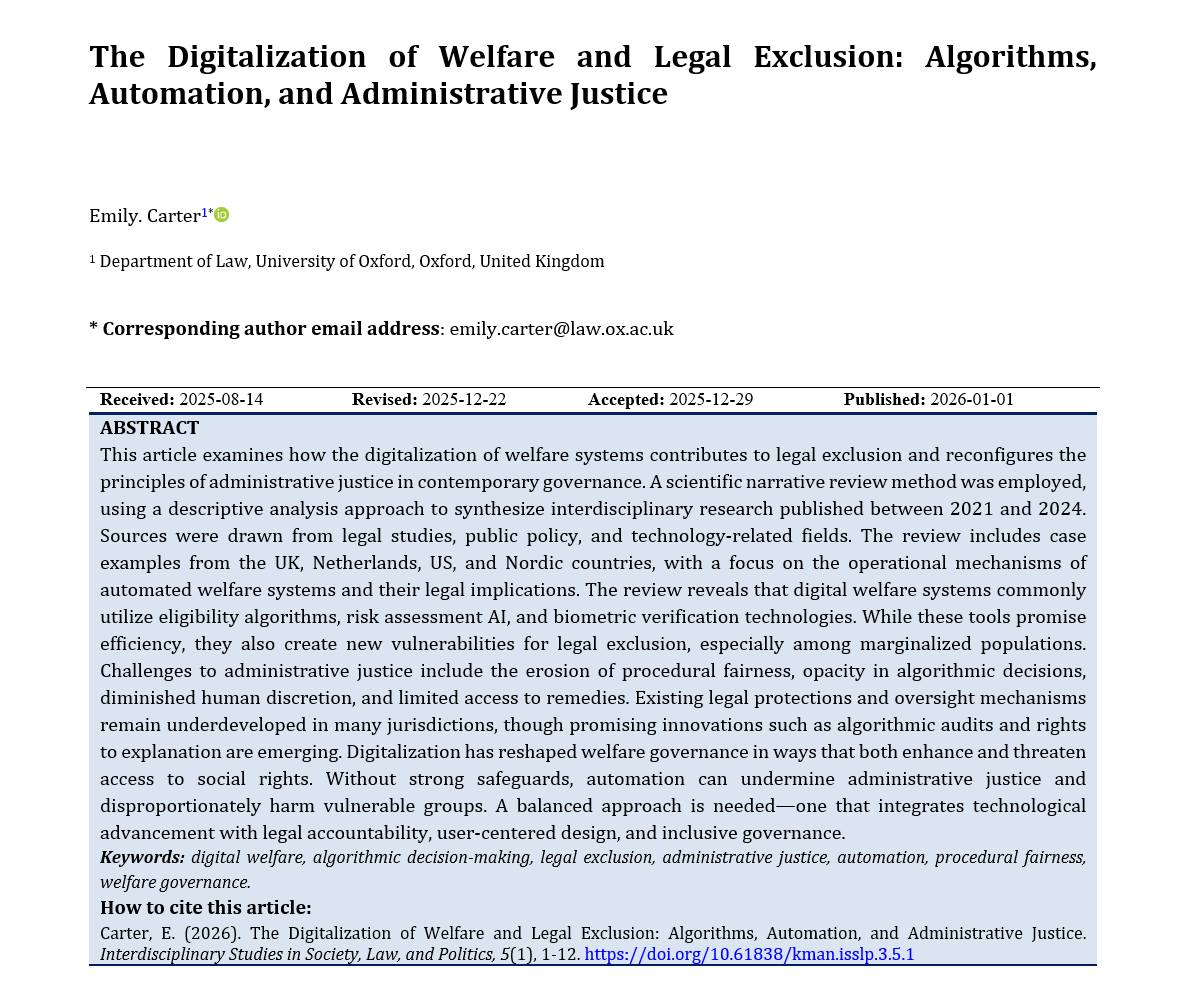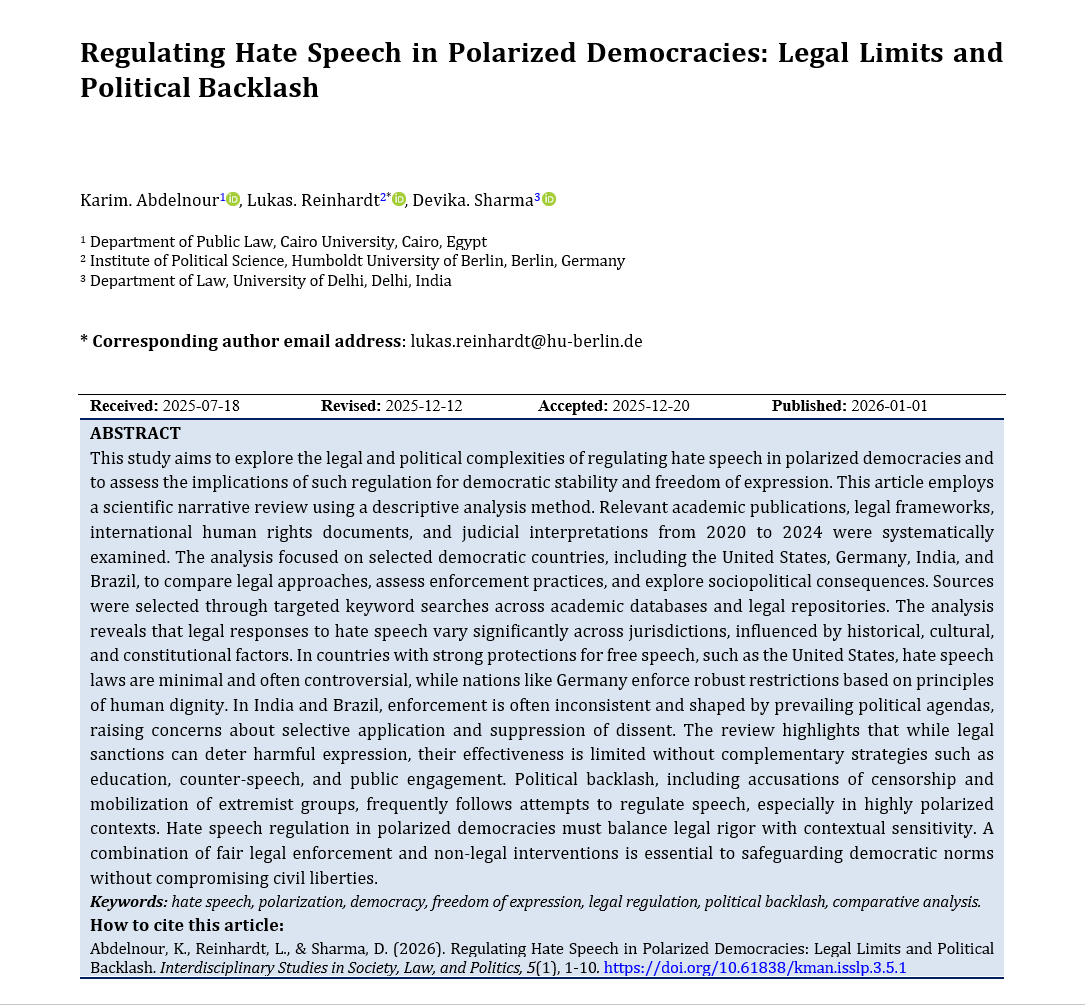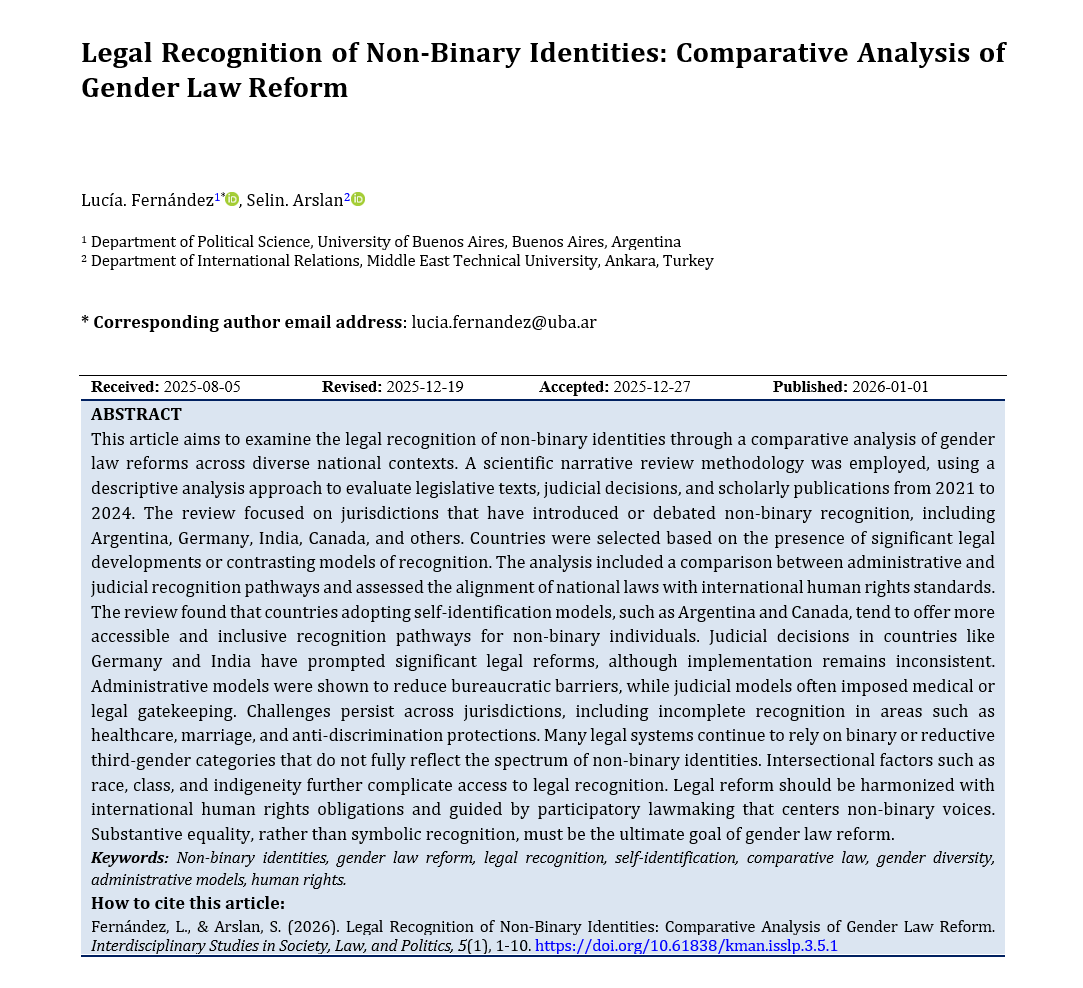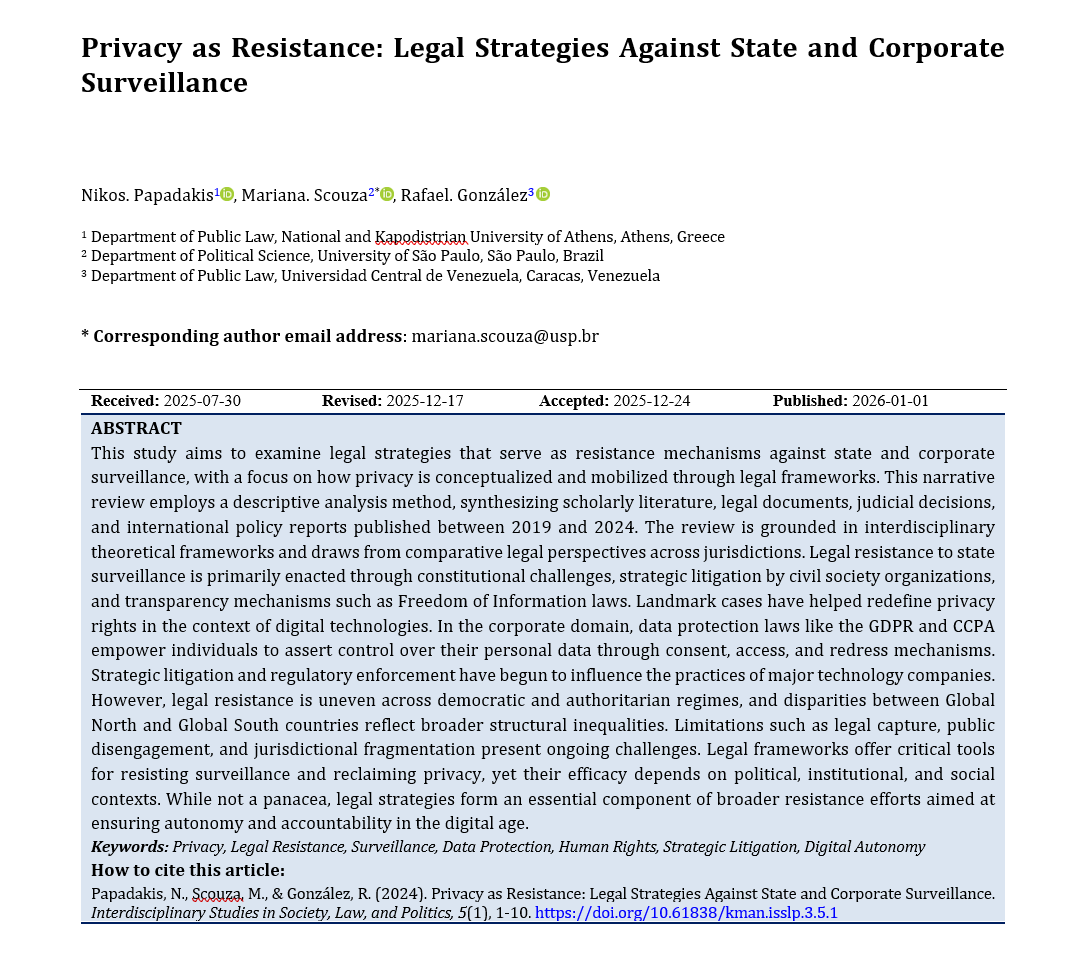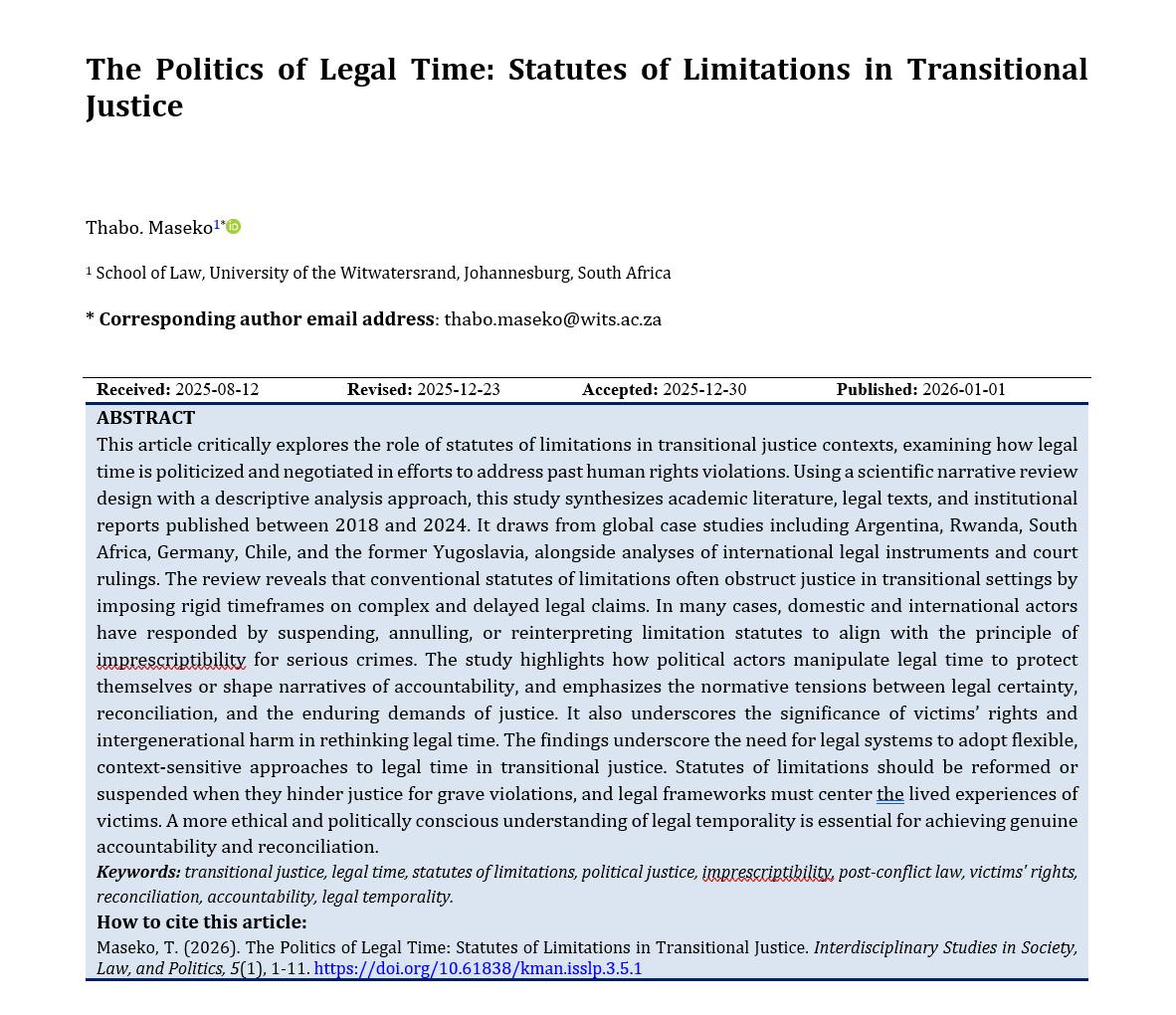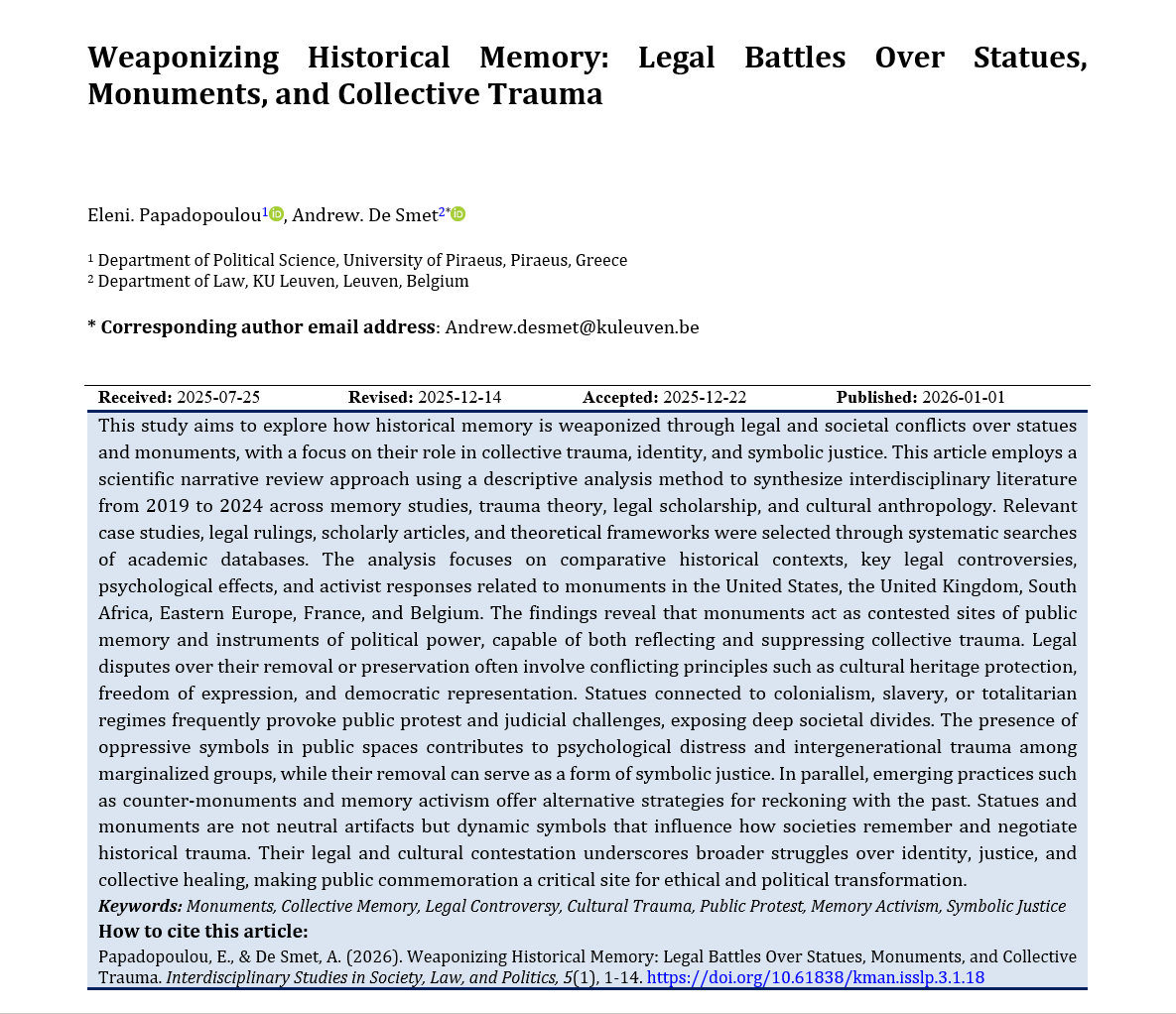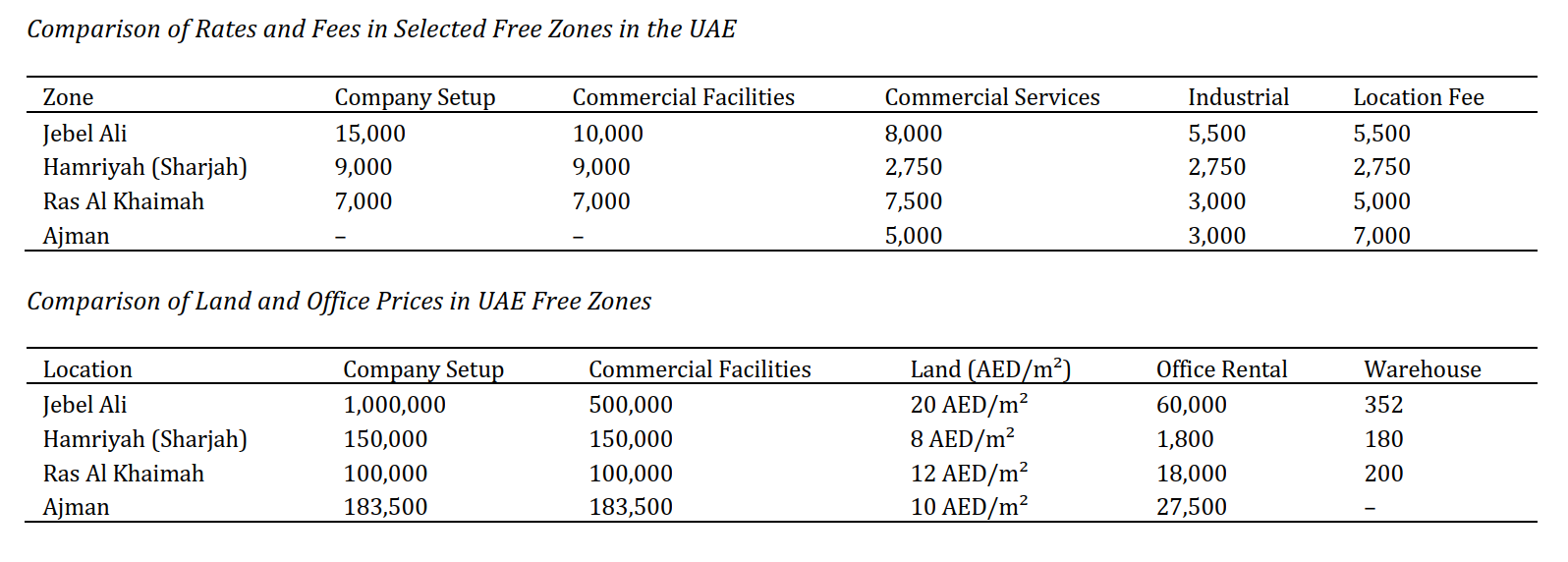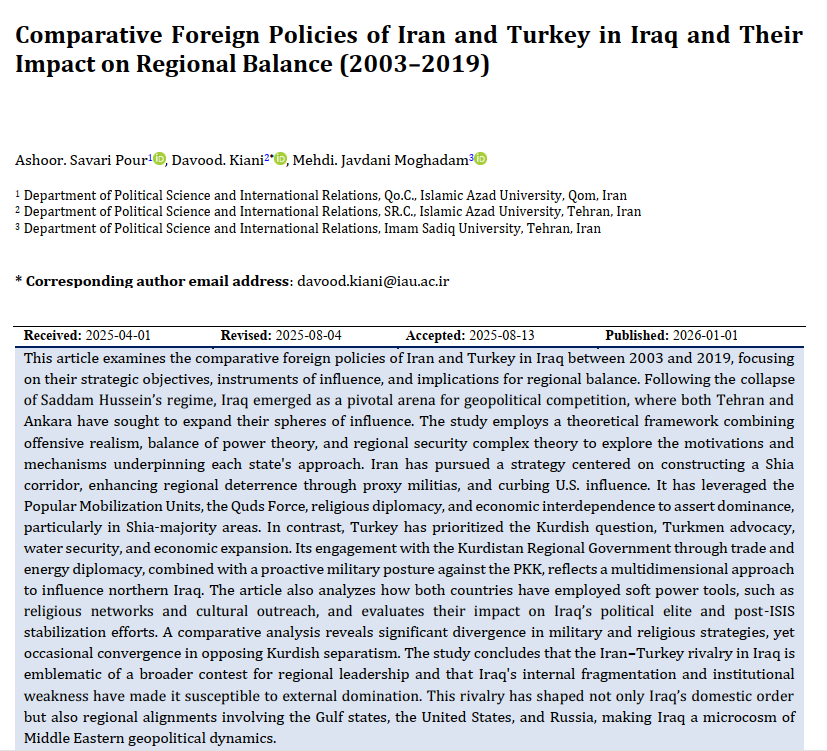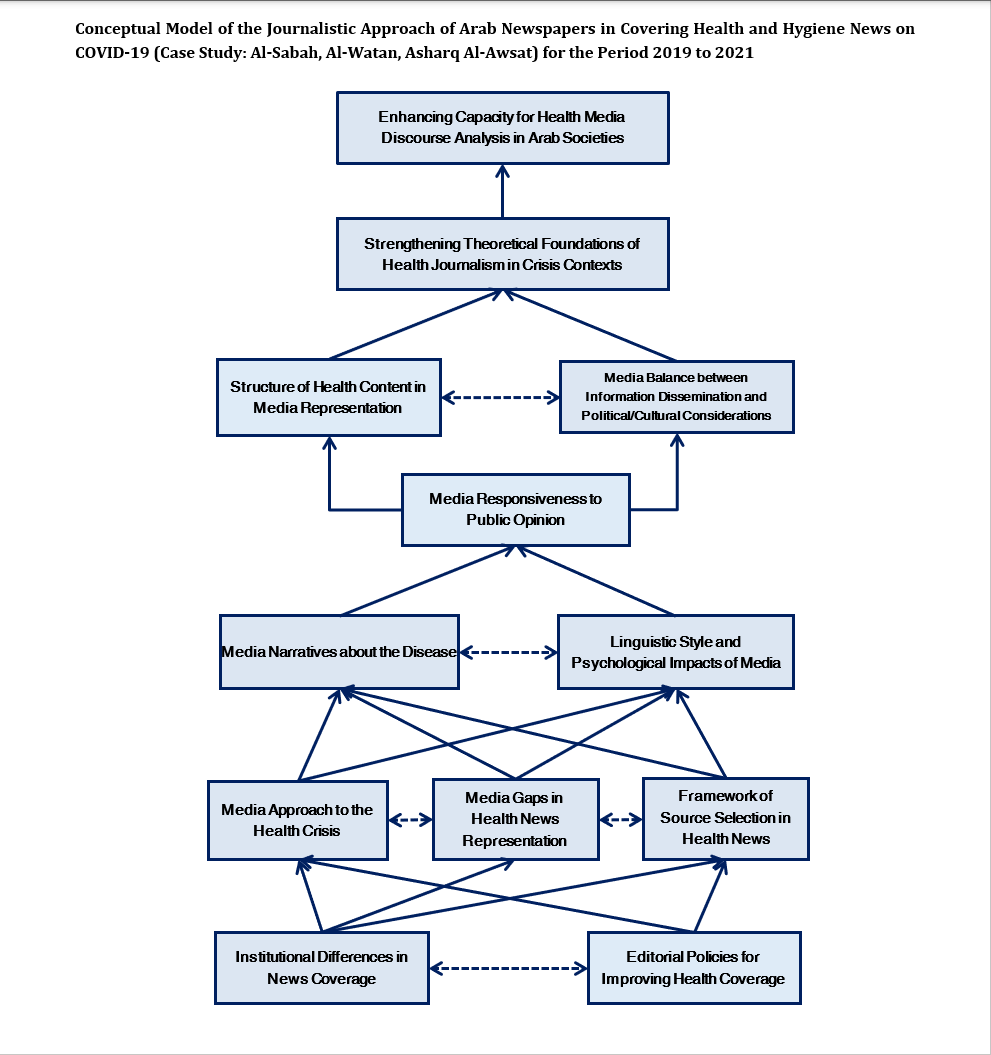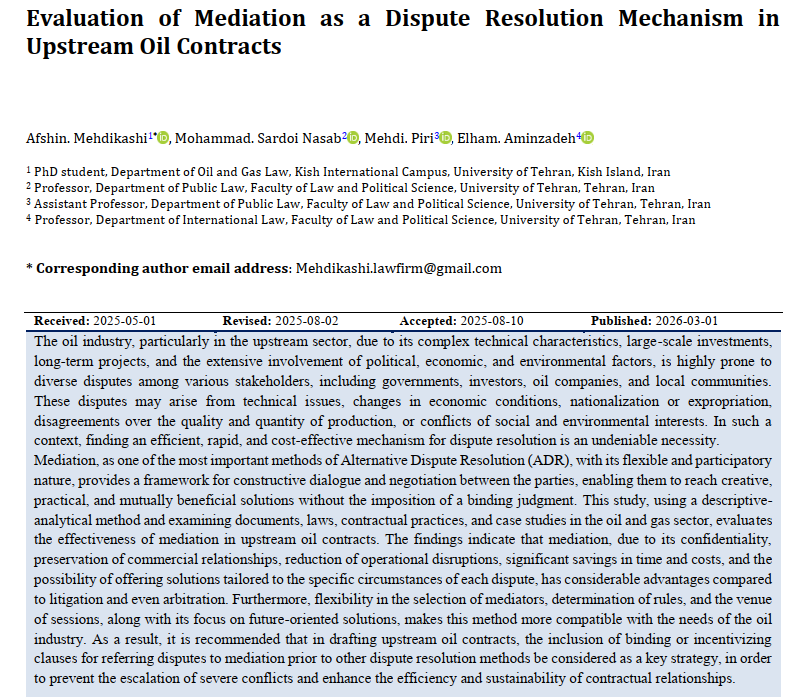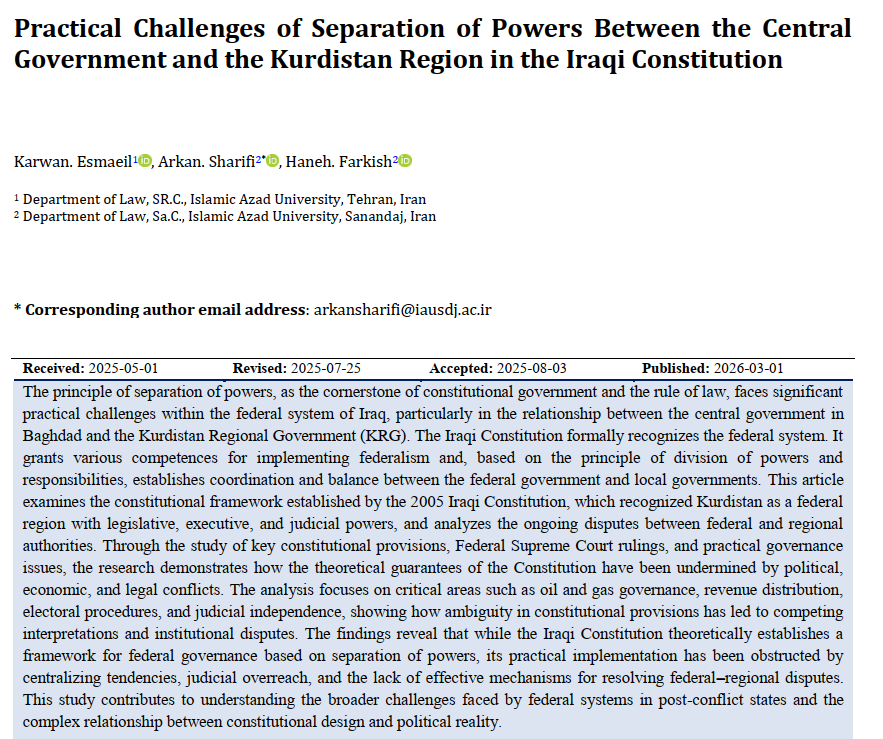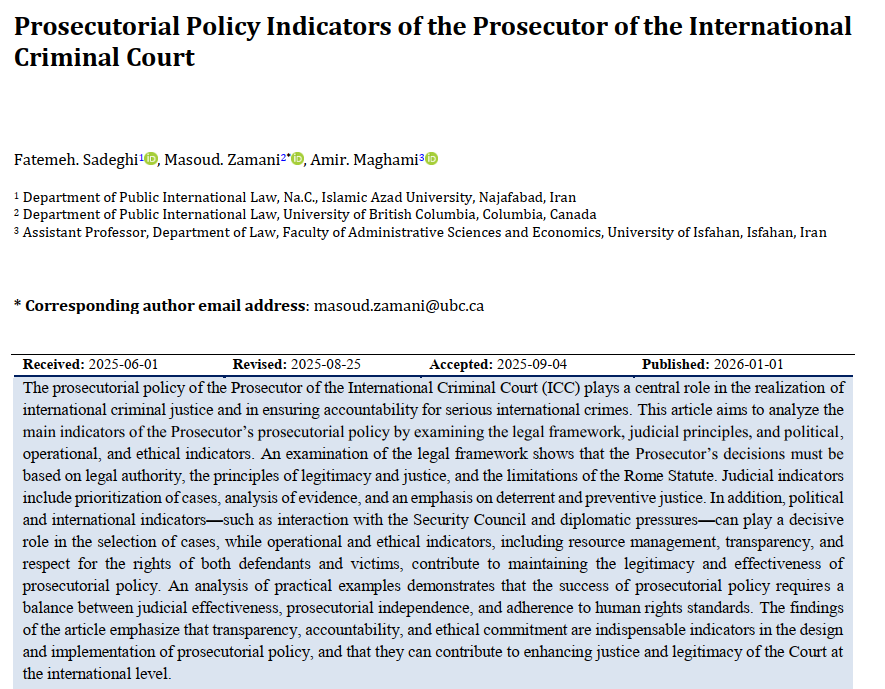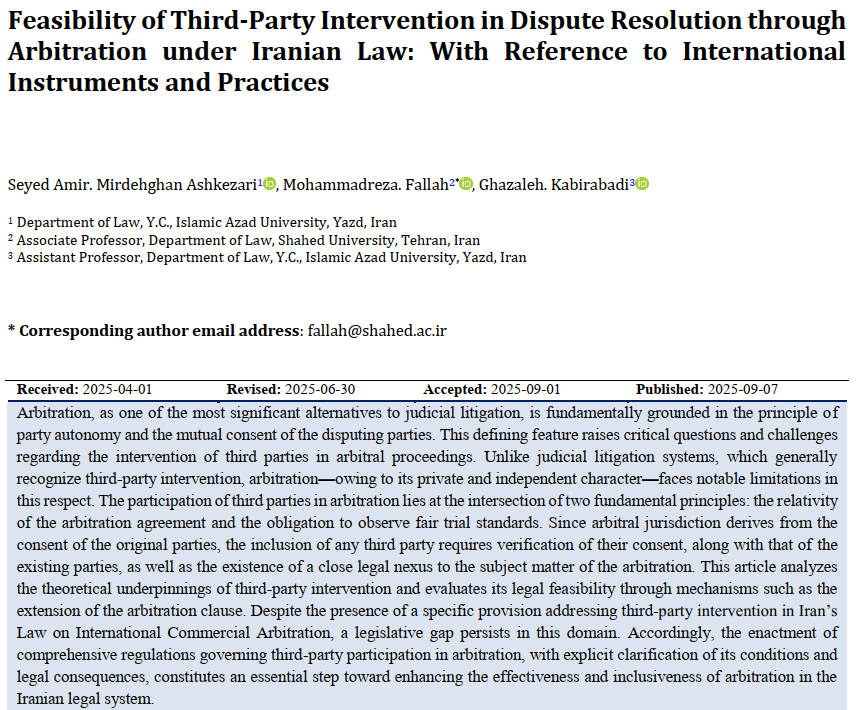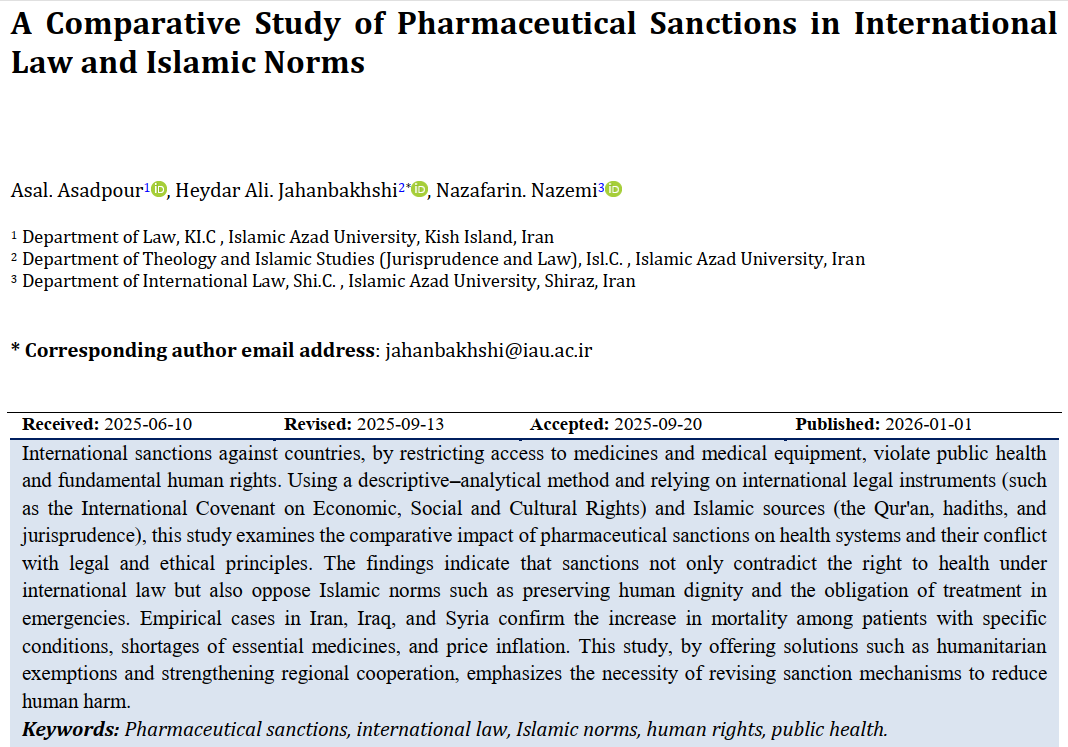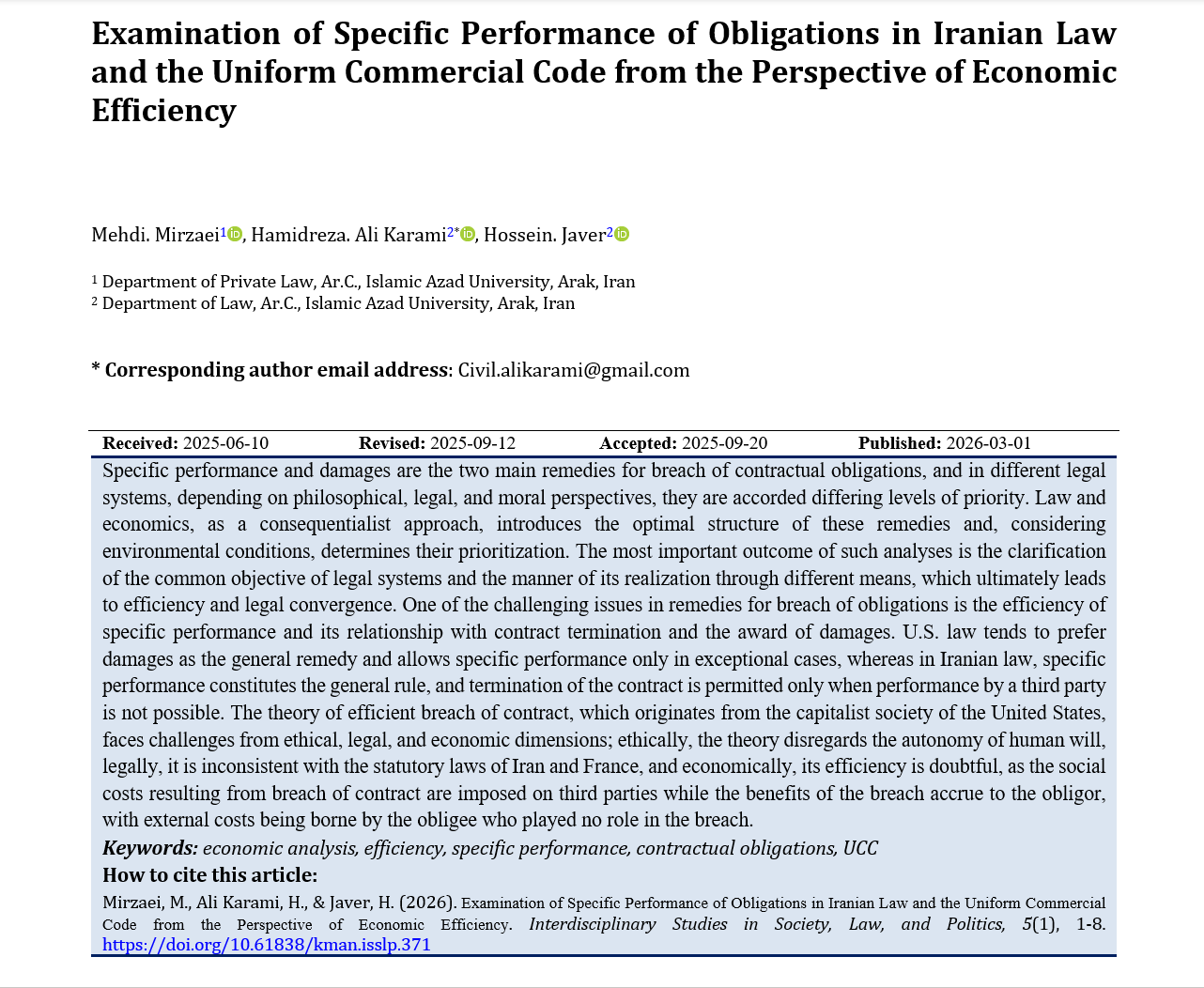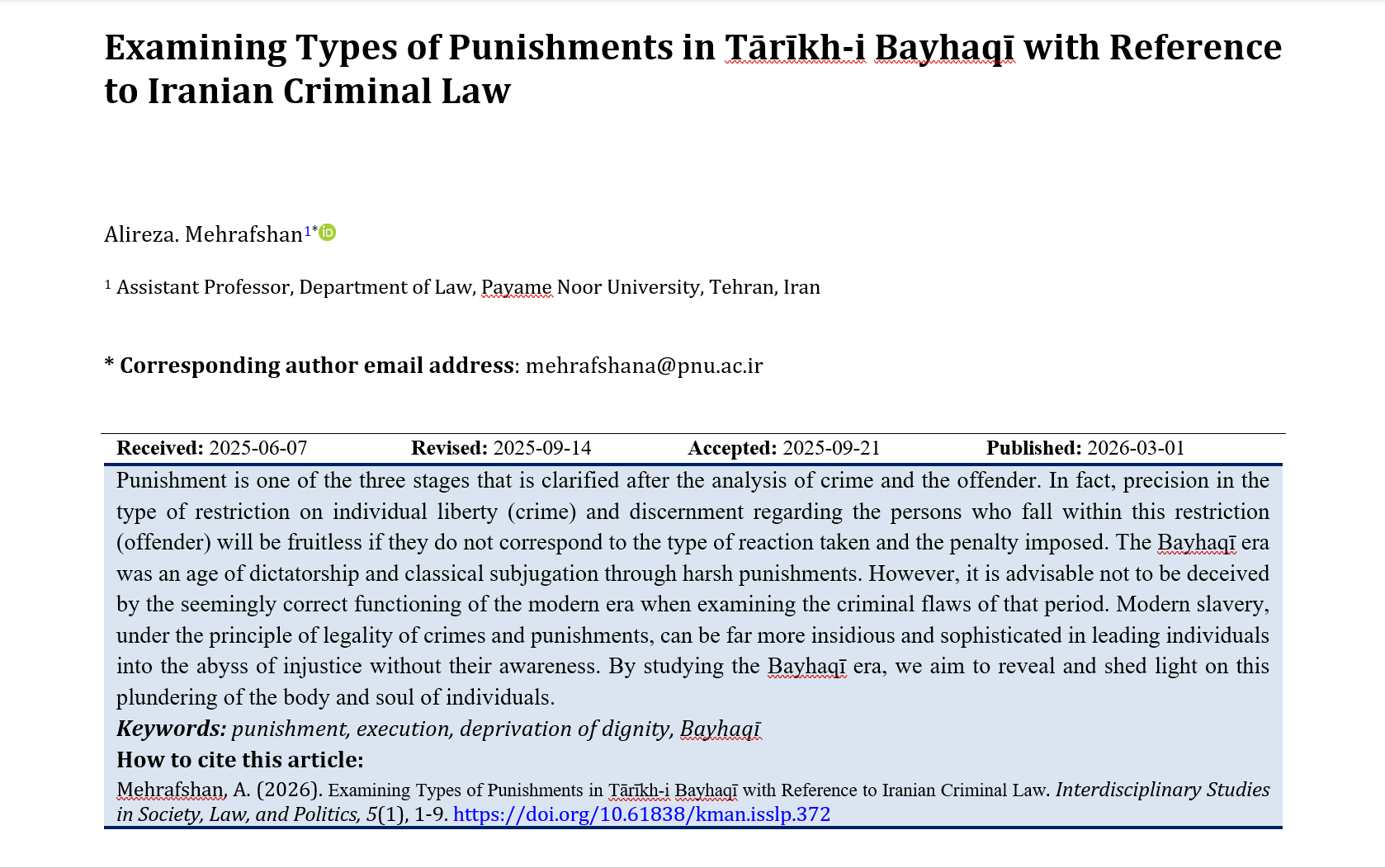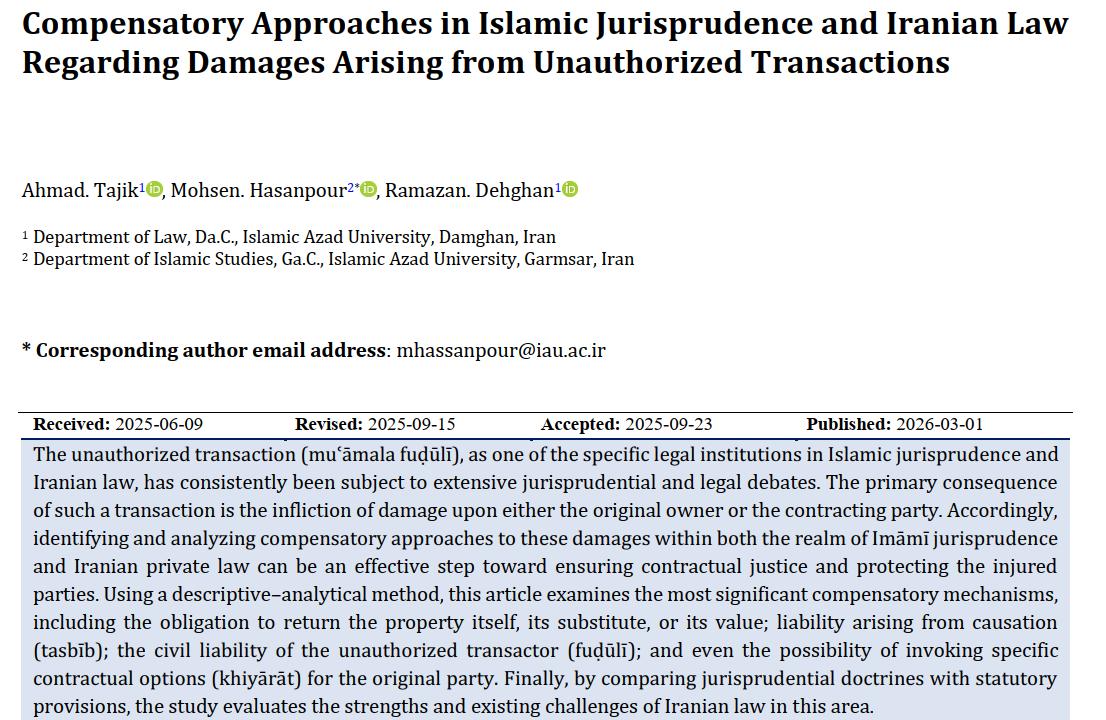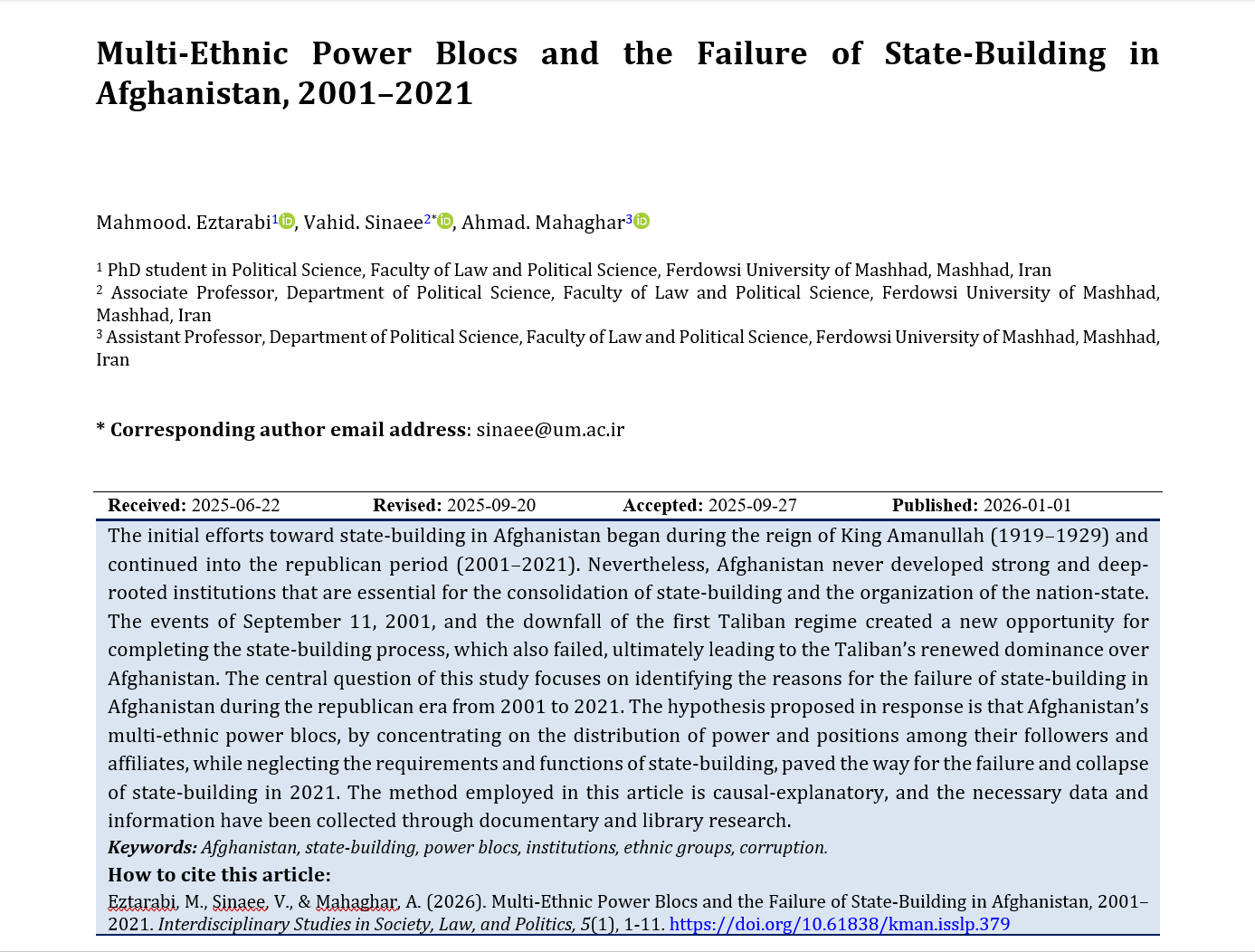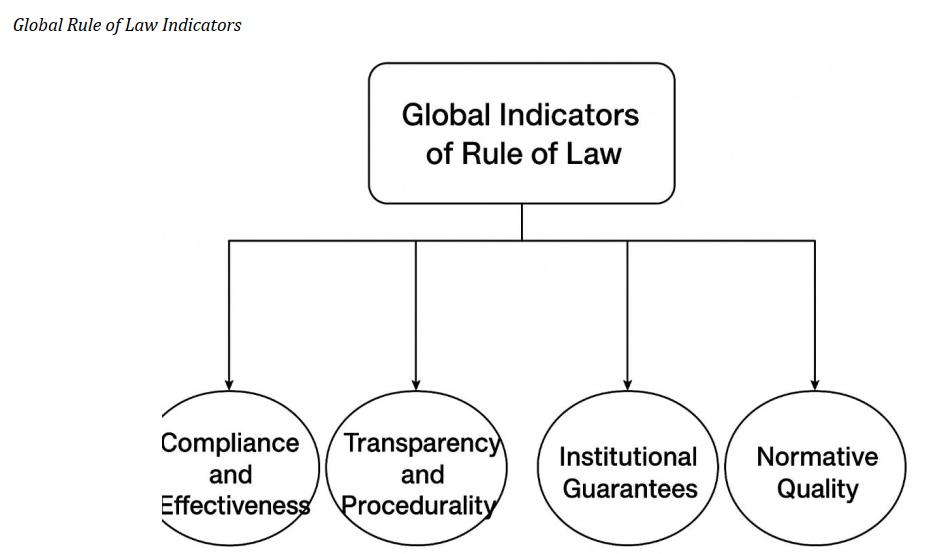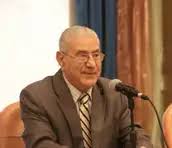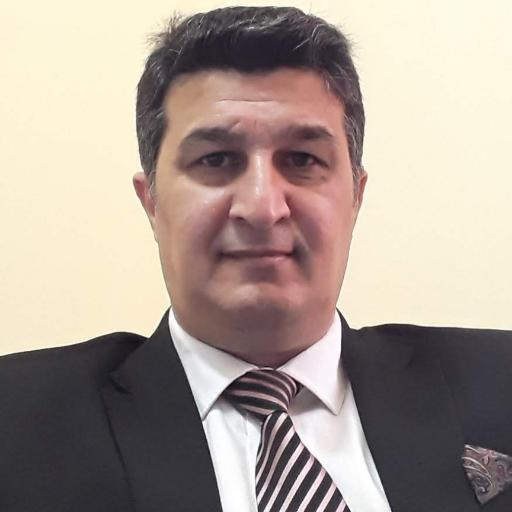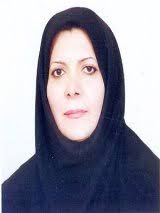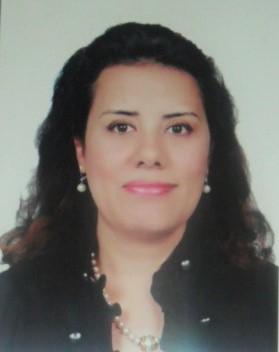About the Journal
- Editor-in-Chief: Prof Nahide Konak
- Owner: KMAN Research Institute
- Publisher: KMAN Publication Inc. (KMANPUB)
- Contact emails:
journalisslp@kmanpub.com
journalisslp@gmail.com - Open access: YES
- Peer-review: Yes (Open Peer-review)
Interdisciplinary Studies in Society, Law, and Politics (ISSLP) is a forward-thinking academic journal published by KMAN Publication Inc. (Dubai Office) and supported by the Iranian Association for Sociology of Education. It operates on an innovative, open-access platform, offering a peer-reviewed space dedicated to exploring the intricate connections among society, law, and politics.
ISSLP is committed to cultivating a holistic comprehension of how these realms intersect and influence one another. Our objective is to provide a dynamic forum for scholars, practitioners, and policymakers from diverse backgrounds to exchange research findings, theoretical insights, and practical knowledge. Through this exchange, we aim to enrich our collective understanding of societal structures, political dynamics, and legal principles.
Embracing a broad spectrum of interdisciplinary methodologies, ISSLP seeks to foster a robust discourse that transcends conventional academic boundaries. We welcome contributions that are intellectually rigorous yet accessible to a wide audience, thereby promoting a vibrant dialogue that advances scholarly inquiry and societal discourse.
